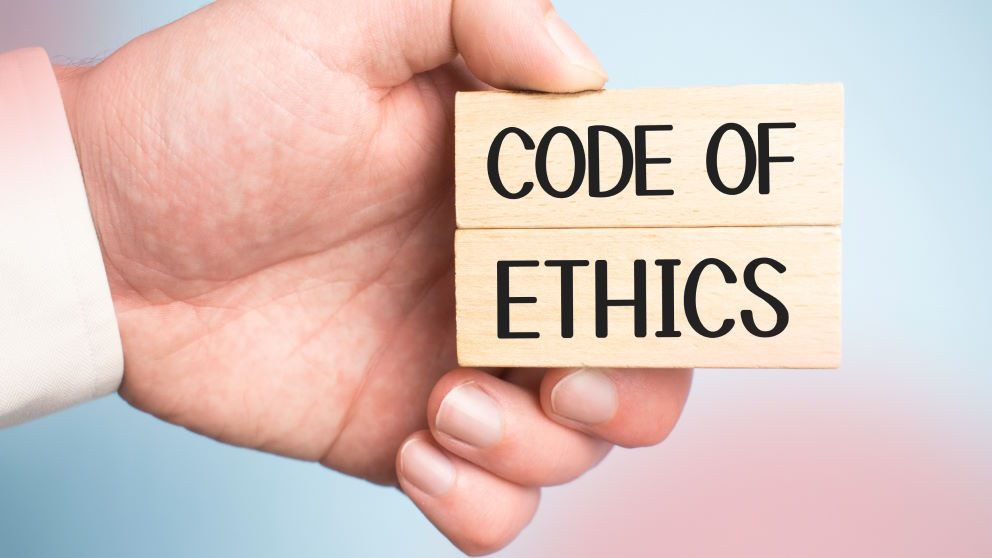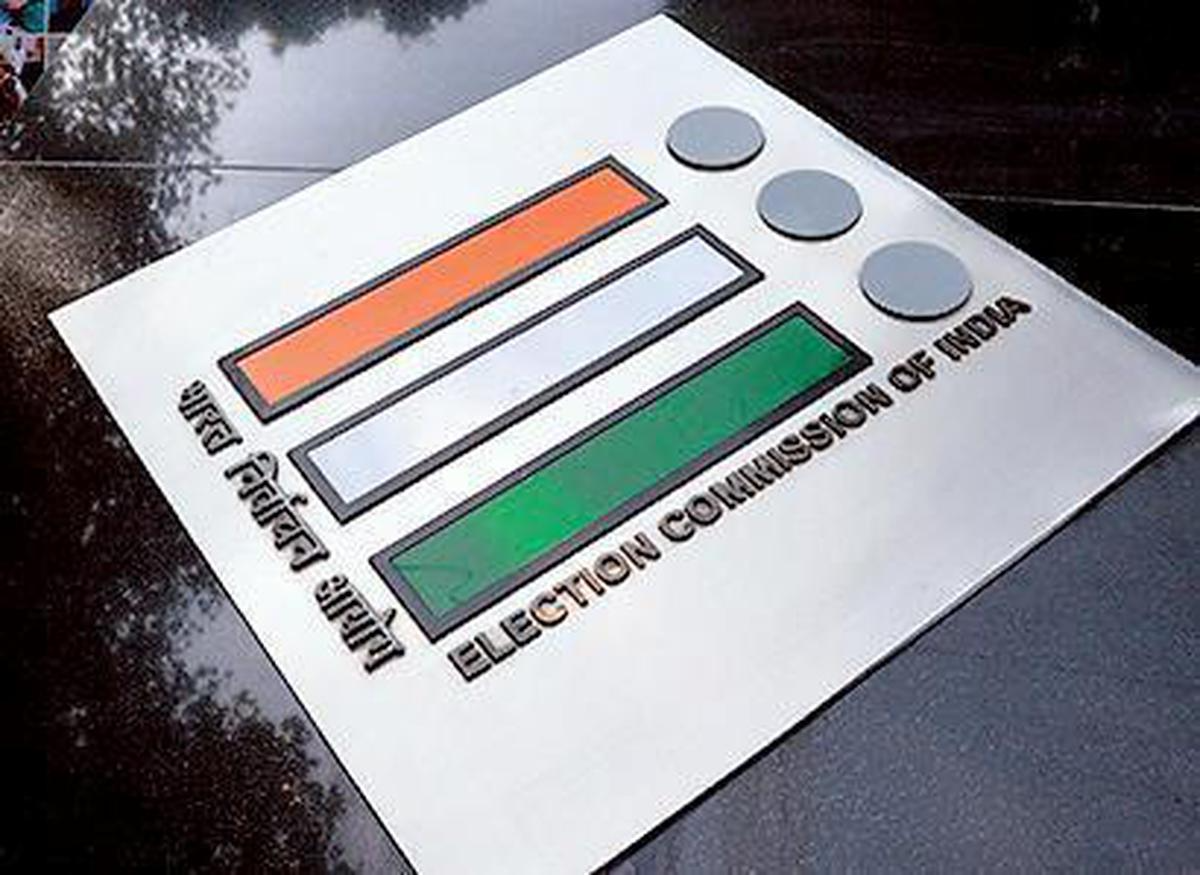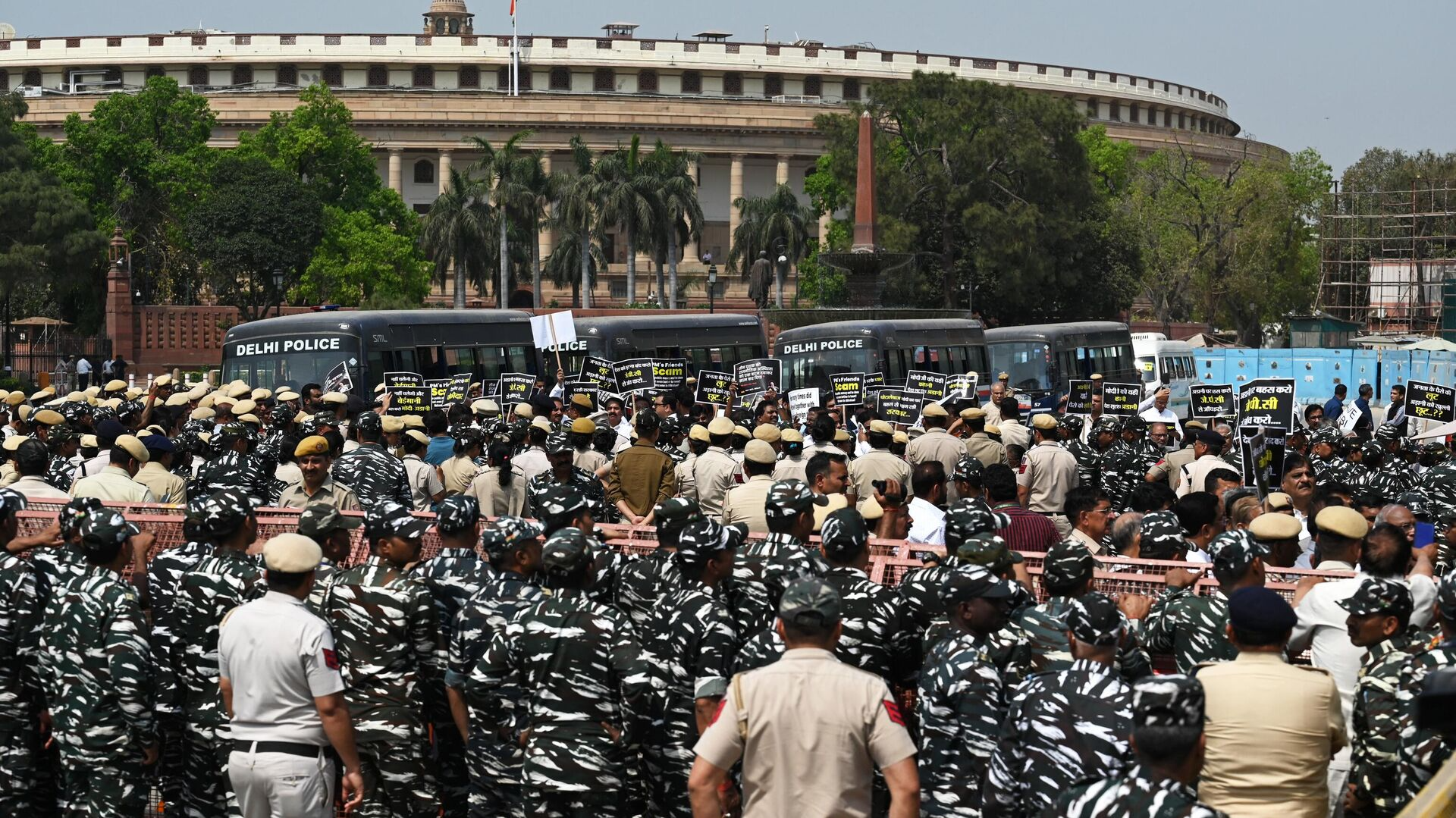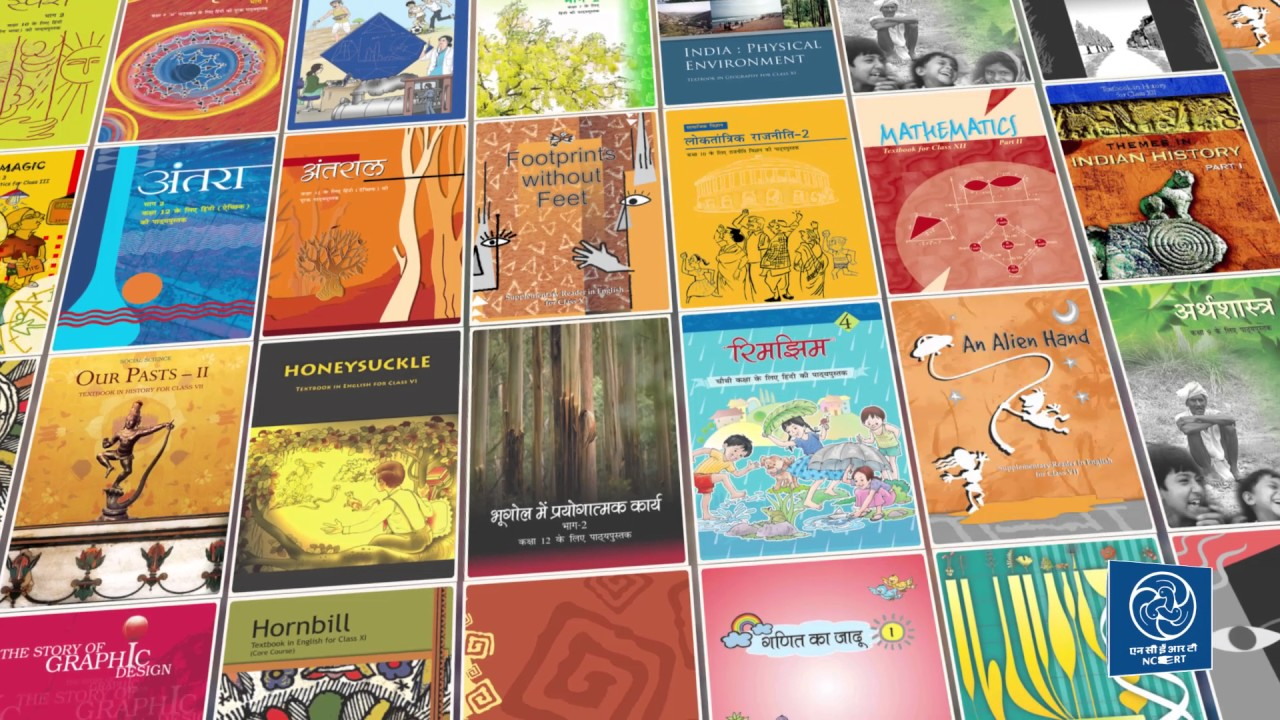Political Parties to Disclose Funding Online
Posted On July 11, 2025

In a significant stride towards greater transparency in political financing, the Election Commission of India (ECI) has intensified its push for political parties to disclose their funding details online. This ongoing initiative, building on previous directives and facilitated by technological advancements, aims to enhance public scrutiny over the financial flows into political parties, thereby fostering a more accountable and equitable democratic process. The move comes amidst persistent concerns raised by civil society organizations and citizens alike regarding the opacity surrounding political donations in India.
The issue of political funding transparency has been a cornerstone of electoral reform debates in India for decades. A healthy democracy relies on an informed electorate, and knowing who funds political parties is crucial for voters to understand potential influences on policy-making and governance. Historically, political financing in India has often been criticized for its lack of transparency, susceptibility to black money, and the potential for quid pro quo arrangements, leading to an uneven playing field in elections. The introduction of electoral bonds in 2017, which provided anonymity to donors, further intensified this debate, before the Supreme Court of India struck down the scheme as unconstitutional in February 2024, citing a violation of the voters' right to information.
Following the Supreme Court's landmark judgment on electoral bonds, the focus has squarely returned to strengthening existing disclosure mechanisms. The ECI, in its role as the guardian of free and fair elections, has been actively advocating for greater transparency. While the Representation of the People Act, 1951 (RPA) and other regulations already mandate certain disclosures, the practical implementation and accessibility of this information have often been points of contention.
The current emphasis on online disclosure aims to address these challenges head-on. The ECI has enhanced its online portal, launched as early as July 2023, where political parties can now make all their mandatory financial disclosures. These include-
Contribution Reports- Political parties are legally required to submit reports detailing contributions exceeding ₹20,000. These reports must include the name, address, and PAN (Permanent Account Number) of the donors. The online platform facilitates the submission of these reports, ensuring that the data is captured in a standardized and digital format.
Audited Annual Accounts- All registered political parties are mandated to submit their audited annual financial statements. Making these available online provides a comprehensive overview of a party's income and expenditure, allowing for public and media scrutiny of their financial health and spending patterns.
Election Expenditure Statements- After every Lok Sabha or State Assembly election, political parties must submit detailed statements of their election expenditures. Uploading these online ensures timely and transparent reporting of campaign finances, which is critical for monitoring compliance with expenditure limits set by the ECI.
The online submission system is designed to meet twin objectives- first, to facilitate parties who might find it challenging to physically file voluminous statements with the ECI, thereby encouraging timely compliance; and second, to ensure that the data is available in a prescribed and standardized format, making it easier for the ECI and the public to access and analyze. The system also includes features like sending reminders to parties on their registered mobile numbers and emails, and progressively building a robust digital archive of financial records. While political parties still have the option to file physical reports, they are required to provide written justifications for doing so, which are then made public by the ECI.
Civil society organizations, particularly the Association for Democratic Reforms (ADR), have been at the forefront of the advocacy for greater transparency in political funding. ADR has consistently highlighted the issue of undisclosed donations, which, according to their reports, have historically constituted a significant portion of political parties' income. They have also exposed instances of non-compliance, such as delays in submitting expenditure statements or a complete failure to report, particularly by Registered Unrecognised Political Parties (RUPPs). The ECI's recent delisting of over 345 RUPPs for failing to contest elections, maintain valid office addresses, or comply with financial disclosure requirements is a testament to the intensified crackdown on non-functional parties and a broader cleanup drive aimed at curbing the misuse of tax exemptions and ensuring political accountability.
The move towards mandatory online disclosure is expected to yield several significant benefits-
Enhanced Public Scrutiny- By making financial data readily available on the ECI's website, citizens, media, and watchdog organizations can more easily analyze and scrutinize political funding. This increased transparency is vital for voters to make informed decisions and hold their elected representatives accountable.
Reduced Scope for Black Money- While not a complete panacea, greater online disclosure, coupled with efforts to reduce anonymous cash donations (such as the ECI's proposal to lower the anonymous donation limit from ₹20,000 to ₹2,000), can help curb the flow of undeclared funds into political coffers.
Improved Compliance- The ease of online filing and the ECI's stricter monitoring and enforcement measures are likely to improve compliance rates among political parties regarding their financial reporting obligations.
Leveling the Playing Field- Transparency in funding can help in mitigating the undue influence of large, anonymous donations, thereby contributing to a more equitable electoral landscape where parties compete on the basis of their policies and public support, rather than just financial might.
Greater Accountability- When funding sources are transparent, there is greater accountability on the part of political parties to their donors and to the public. It can deter quid pro quo arrangements and promote ethical conduct in political financing.
However, challenges persist in achieving absolute transparency. The issue of internal party democracy, the absence of independent auditing of party finances, and the need for further legal reforms (such as empowering the ECI to de-register parties for non-compliance or mandating a cap on corporate donations) remain areas that require continuous attention and policy intervention. The ECI itself has been pushing for amendments to the RPA to address these loopholes.
Despite these ongoing challenges, the ECI's reinforced directive for political parties to disclose their funding online represents a crucial evolutionary step in India's journey towards greater financial transparency in politics. It signals a determined effort to empower the electorate with critical information, curb illicit financial flows, and reinforce the integrity of the democratic process, moving closer to the ideal of truly clean and accountable political financing.
The issue of political funding transparency has been a cornerstone of electoral reform debates in India for decades. A healthy democracy relies on an informed electorate, and knowing who funds political parties is crucial for voters to understand potential influences on policy-making and governance. Historically, political financing in India has often been criticized for its lack of transparency, susceptibility to black money, and the potential for quid pro quo arrangements, leading to an uneven playing field in elections. The introduction of electoral bonds in 2017, which provided anonymity to donors, further intensified this debate, before the Supreme Court of India struck down the scheme as unconstitutional in February 2024, citing a violation of the voters' right to information.
Following the Supreme Court's landmark judgment on electoral bonds, the focus has squarely returned to strengthening existing disclosure mechanisms. The ECI, in its role as the guardian of free and fair elections, has been actively advocating for greater transparency. While the Representation of the People Act, 1951 (RPA) and other regulations already mandate certain disclosures, the practical implementation and accessibility of this information have often been points of contention.
The current emphasis on online disclosure aims to address these challenges head-on. The ECI has enhanced its online portal, launched as early as July 2023, where political parties can now make all their mandatory financial disclosures. These include-
Contribution Reports- Political parties are legally required to submit reports detailing contributions exceeding ₹20,000. These reports must include the name, address, and PAN (Permanent Account Number) of the donors. The online platform facilitates the submission of these reports, ensuring that the data is captured in a standardized and digital format.
Audited Annual Accounts- All registered political parties are mandated to submit their audited annual financial statements. Making these available online provides a comprehensive overview of a party's income and expenditure, allowing for public and media scrutiny of their financial health and spending patterns.
Election Expenditure Statements- After every Lok Sabha or State Assembly election, political parties must submit detailed statements of their election expenditures. Uploading these online ensures timely and transparent reporting of campaign finances, which is critical for monitoring compliance with expenditure limits set by the ECI.
The online submission system is designed to meet twin objectives- first, to facilitate parties who might find it challenging to physically file voluminous statements with the ECI, thereby encouraging timely compliance; and second, to ensure that the data is available in a prescribed and standardized format, making it easier for the ECI and the public to access and analyze. The system also includes features like sending reminders to parties on their registered mobile numbers and emails, and progressively building a robust digital archive of financial records. While political parties still have the option to file physical reports, they are required to provide written justifications for doing so, which are then made public by the ECI.
Civil society organizations, particularly the Association for Democratic Reforms (ADR), have been at the forefront of the advocacy for greater transparency in political funding. ADR has consistently highlighted the issue of undisclosed donations, which, according to their reports, have historically constituted a significant portion of political parties' income. They have also exposed instances of non-compliance, such as delays in submitting expenditure statements or a complete failure to report, particularly by Registered Unrecognised Political Parties (RUPPs). The ECI's recent delisting of over 345 RUPPs for failing to contest elections, maintain valid office addresses, or comply with financial disclosure requirements is a testament to the intensified crackdown on non-functional parties and a broader cleanup drive aimed at curbing the misuse of tax exemptions and ensuring political accountability.
The move towards mandatory online disclosure is expected to yield several significant benefits-
Enhanced Public Scrutiny- By making financial data readily available on the ECI's website, citizens, media, and watchdog organizations can more easily analyze and scrutinize political funding. This increased transparency is vital for voters to make informed decisions and hold their elected representatives accountable.
Reduced Scope for Black Money- While not a complete panacea, greater online disclosure, coupled with efforts to reduce anonymous cash donations (such as the ECI's proposal to lower the anonymous donation limit from ₹20,000 to ₹2,000), can help curb the flow of undeclared funds into political coffers.
Improved Compliance- The ease of online filing and the ECI's stricter monitoring and enforcement measures are likely to improve compliance rates among political parties regarding their financial reporting obligations.
Leveling the Playing Field- Transparency in funding can help in mitigating the undue influence of large, anonymous donations, thereby contributing to a more equitable electoral landscape where parties compete on the basis of their policies and public support, rather than just financial might.
Greater Accountability- When funding sources are transparent, there is greater accountability on the part of political parties to their donors and to the public. It can deter quid pro quo arrangements and promote ethical conduct in political financing.
However, challenges persist in achieving absolute transparency. The issue of internal party democracy, the absence of independent auditing of party finances, and the need for further legal reforms (such as empowering the ECI to de-register parties for non-compliance or mandating a cap on corporate donations) remain areas that require continuous attention and policy intervention. The ECI itself has been pushing for amendments to the RPA to address these loopholes.
Despite these ongoing challenges, the ECI's reinforced directive for political parties to disclose their funding online represents a crucial evolutionary step in India's journey towards greater financial transparency in politics. It signals a determined effort to empower the electorate with critical information, curb illicit financial flows, and reinforce the integrity of the democratic process, moving closer to the ideal of truly clean and accountable political financing.








